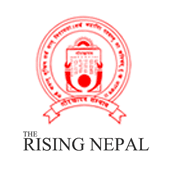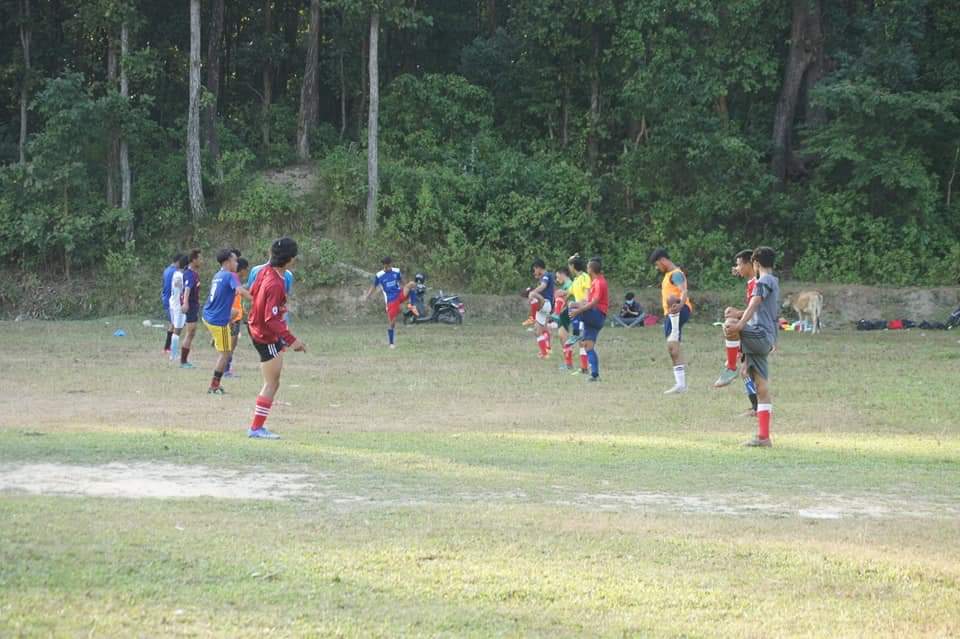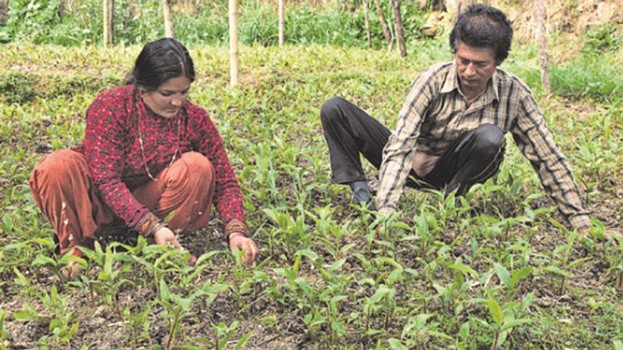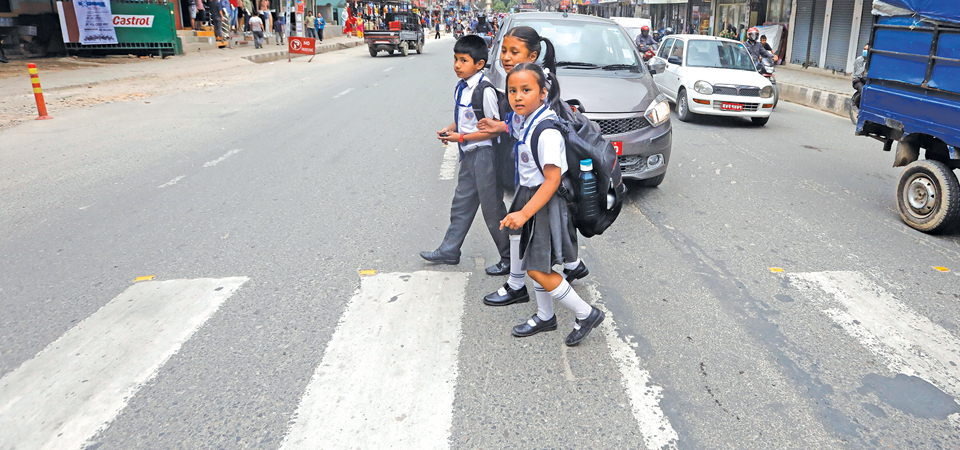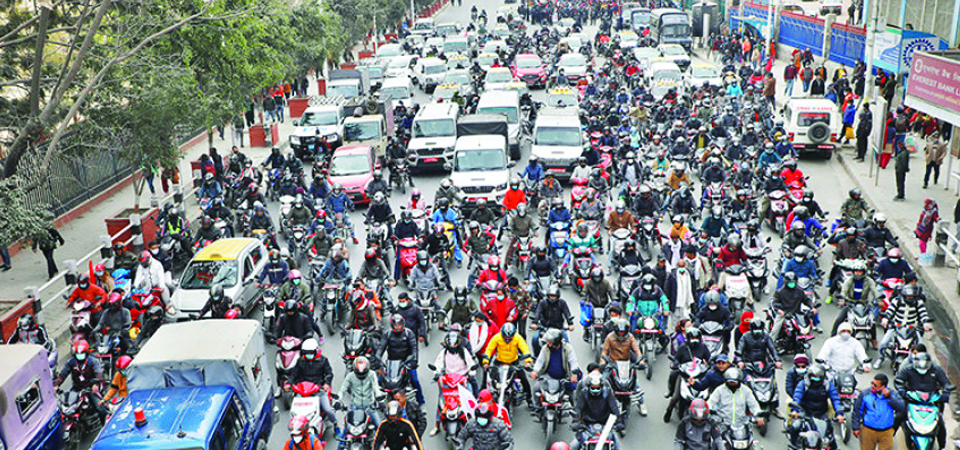Upgrading health centres must for health insurance scheme

By Nayak Paudel
Kathmandu, Feb. 13: The introduction of Health Insurance Scheme by the government in April 2016 was a big step towards ensuring quality health of the people of Nepal. Started in three districts – Kailali, Baglung and Ilam – in 2016, the scheme has now reached 65 districts as of Thursday with over 3.5 million individuals enrolled.
According to the Health Insurance Board, they have planned to introduce the health insurance scheme to Dang district on Friday and all over the country by the end of this year.
“The government, in coordination with Health ministry, wants to bring the scheme to all the districts, including the remaining ones by the end of this fiscal year,” said Executive Director Damodar Basaula of the Health Insurance Board.
Under that scheme, a family of up to five members needs to pay a premium of Rs. 2,500 annually to avail themselves of health services amounting up to Rs 50,000. Now, the premium has been increased to Rs. 3,500 and that services to Rs. 100,000.
It has been found that insurance scheme has helped mitigate the medical conditions faced by a significant number of those enrolled. In addition, the government itself is paying for the premium of the poor, disabled, elderly, or those suffering from diseases such as Tuberculosis, along with the female health workers.
Nevertheless, some beneficiaries argued that while the scheme has somewhat reduced the financial burden but the sorely lacking quality health facilities has kept them from leveraging the service to the full. “My father got ill during the lockdown and I took him to Mangalbare Hospital, in Urlabari, for treatment. Since our family had recently enrolled in the scheme, we showed the card to the hospital. However, because his treatment was not possible there, the hospital referred him to another private hospital nearby,” said Kunjan Rajbhandari, a permanent resident of Urlabari Municipality in Morang district.
Rajbhandari’s family has been enlisted in the Mangalbare Hospital as the first point of treatment, requiring them to visit it for the first checkup.
According to Clause 7 of the Health Insurance Board Regulation 1975, a patient needs to select a nearby health centre, with which it is registered to receive the service as their first point for checkup. If the first point cannot provide necessary treatment, it must refer the patient to another health centre.
In a way, individuals enrolled in the health insurance scheme from Morang cannot avail health service from a health centre in Kathmandu until they have a referral letter from their first point for checkup.
While most government health centres provide the service, most private ones don’t. The latter are required to charge the same rate as the former.
Rajbhandari then took his father to Arniko Hospital, a private hospital in Urlabari, where the Mangalbare Hospital had referred him to and wherein he was diagnosed. But since the hospital too was unable to provide the necessary treatment, he was again referred to another health centre in Biratnagar.
“Our family enrolled in the scheme hoping that we’ll get all the treatment nearby. Though our financial problem eased slightly, but largely remained unsolved due to the lack of infrastructure in the hospital,” said Rajbhandari.
Though Rajbhandari lives in an urban area, he couldn’t get the treatment he needed. Like him, there are many others who are unable to reach the health centres even if their medical condition warrants. Through the scheme, the enrolled family members can receive not only health service such as diagnosis and treatment but also services like medicines, lab tests and ambulance services, if needed.
A study report titled “Assessment of Social Health Insurance Scheme in Selected Districts of Nepal” by the Nepal Health Research Council a couple of years ago also showed that most people are unable to avail of the services provided under the scheme.
“While it’s true that health centres across the country need upgradation, but for the time being referring to better health centres is the only way forward. The government is doing its best to upgrade hospitals, many of which are underway,” said Basaula, suggesting that a patient can change their first point to tertiary hospital if the situation necessitates.
Recent News

Do not make expressions casting dout on election: EC
14 Apr, 2022
CM Bhatta says may New Year 2079 BS inspire positive thinking
14 Apr, 2022
Three new cases, 44 recoveries in 24 hours
14 Apr, 2022
689 climbers of 84 teams so far acquire permits for climbing various peaks this spring season
14 Apr, 2022
How the rising cost of living crisis is impacting Nepal
14 Apr, 2022
US military confirms an interstellar meteor collided with Earth
14 Apr, 2022
Valneva Covid vaccine approved for use in UK
14 Apr, 2022
Chair Prachanda highlights need of unity among Maoist, Communist forces
14 Apr, 2022
Ranbir Kapoor and Alia Bhatt: Bollywood toasts star couple on wedding
14 Apr, 2022
President Bhandari confers decorations (Photo Feature)
14 Apr, 2022
